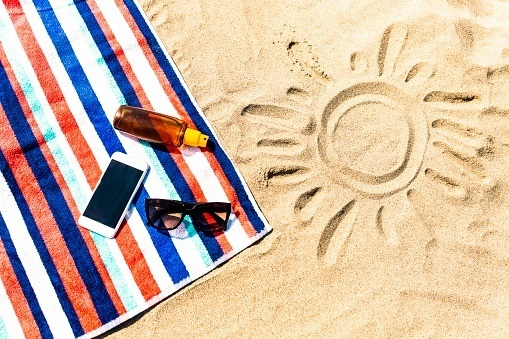At CBHS we help you manage your health challenges. We believe in offering you the services, support and tools you need to live your best life.
Our Better Living Programs are available to support eligible members towards a healthier lifestyle. Each Better Living Program is subject to its own eligibility criteria.
Contact us for more information and to confirm your eligibility for a program.
Be Sun Smart
The Australian summer is like one big party where people long to soak up the sun in the great outdoors as the days grow longer. But if you spend a lot of time in the sun without adequate protection, you may develop heat exhaustion, dehydration and increase your risk of developing skin cancer. In fact, Australia has one of the highest rates of skin cancer in the world. At least two in three Australians will be diagnosed with a skin cancer by the age of 70.
On an average Australian summer's day, sunburn can occur in as little as 15 minutes. The sun gives out UV radiation that is magnified by light clouds, is scattered throughout the air and then reflected by surfaces such as buildings, concrete, sand and snow - all onto unsuspecting people.
Whether you are heading out to the beach, the bush or just hanging out with friends with the backyard, follow these five ‘sun safe’ steps to make sure you are prepared and protected.

Heat exhaustion and treatment
During extreme hot weather, you may develop heat exhaustion or even heatstroke which can be a life threatening condition. This happens when someone becomes dehydrated due to loss of water.
Follow the steps below to help prevent this:
- Drink plenty of water
- Avoid caffeinated drinks and alcohol which can dehydrate you
- Protect yourself by following the five steps above
- Limit physical activity and time outdoors during hot weather.
For more tips on treating heat exhaustion, click here.
Only visit the hospital if you have a medical emergency. If it is a medical emergency, you need to call triple zero (000) and ask for an ambulance. Some of the conditions that are considered medical emergencies include chest pain or tightness, sudden weakness or numbness to the face, arm or leg, breathing difficulties and sudden collapse or unconsciousness.





